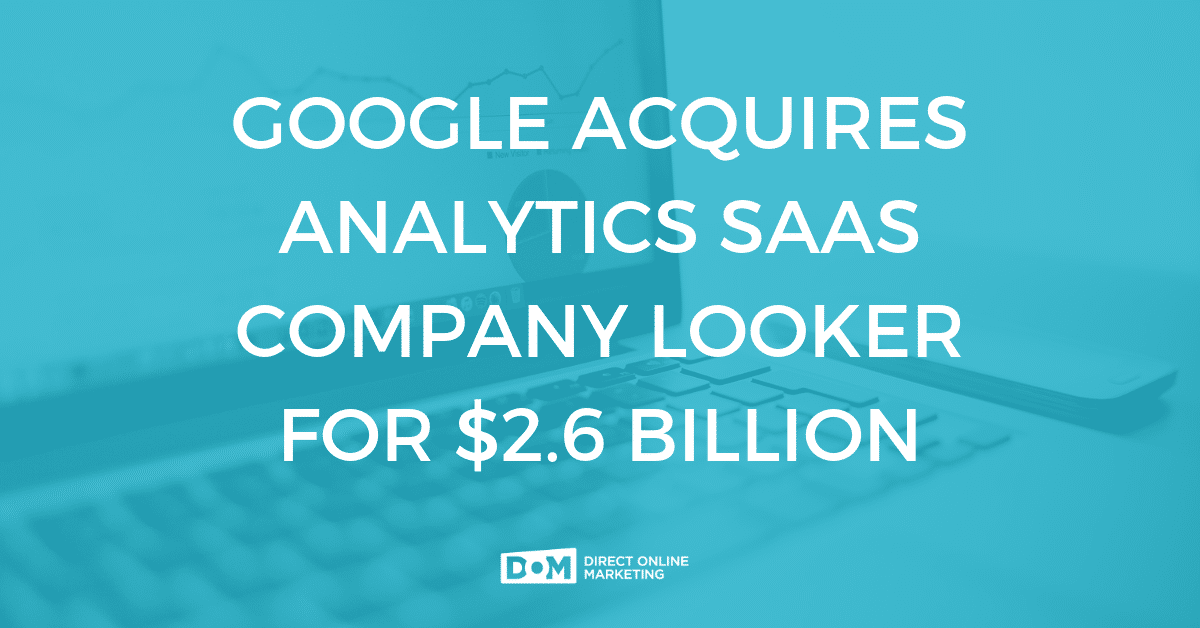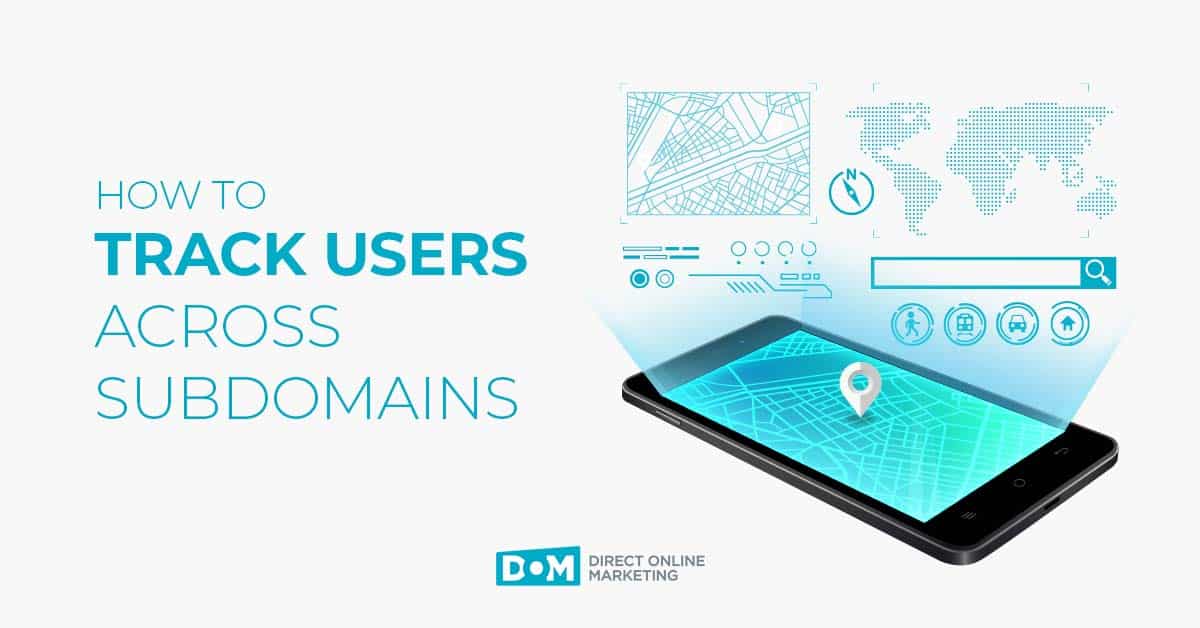
Google announced it’s intent to acquire startup analytics company, Looker. Looker previously raised over $280 million in funding. Google is paying a massive $2.6 billion for the rights to inject Looker into it’s Google Cloud Suite.
Google Cloud Senior Vice President, Thomas Kurian, believes that Google and Looker will provide a potent dual analytics threat for marketers.
“The combination provides an end-to-end analytics platform to connect, collect, analyze and visualize data across Google Cloud, Azure, AWS, on-premises databases and ISV applications.”
Looker’s CEO Frank Bien discussed his ultimate goal of disrupting the space with Tech Crunch.
“What we wanted to do was disrupt this pretty staid ecosystem of data visualization tools and data prep tools that companies were being forced to build solutions. We thought it was time to rationalize a new platform for data, a single place where we could really reconstitute a single view of information and make it available in the enterprise for business purposes,” he said.
Bien believes the deal should help Looker scale to meteoric levels.
“What we’re really leveraging here, and I think the synergy with Google Cloud, is that this data infrastructure revolution and what really emerged out of the Big Data trend was very fast, scalable — and now in the cloud — easy to deploy data infrastructure,” he said.
The acquisition was influenced by Google and Looker’s mutual customer base. The two entities share over 300 customers, something Kurian says blends a “very common culture.”
The deal is massive in scale and one fo the largest for Google in years. In total, the $2.6 billion paid for Looker ranks 4th all-time in Google acquisitions. The deal is only overshadowed by 2007’s $3.1 billion DoubleClick purchase, the $3.2 Nest acquisition in 2014, and finally the $12.5 Motorola Mobility deal in 2011.
The acquisition of Looker helps Google Cloud continue to position itself as a top cloud company. Currently, Amazon Web Services(AWS) remains the market share leader. In 2018, AWS reported annual revenue of $26.65 billion. In it’s latest reported quarter, AWS hit $30 billion. Google Cloud Platform reported $4 billion in yearly revenue, placing it third among cloud platforms behind Microsoft Azure.
However, the good news for Google is that companies are increasingly using multiple services. Microsoft Azure is most often run simultaneously with AWS.
IBM is also stepping into the cloud market space as it seeks to acquire Red Hat. IBM should help fuel rapid growth for Red Hat technology. The move by IBM is certain to affect the overall cloud landscape.
The big payday may come in the way of cloud services upgrading to artificial intelligence services.
To get more information on this topic, contact us today for a free consultation or learn more about our status as a Google Partner Agency before you reach out.


